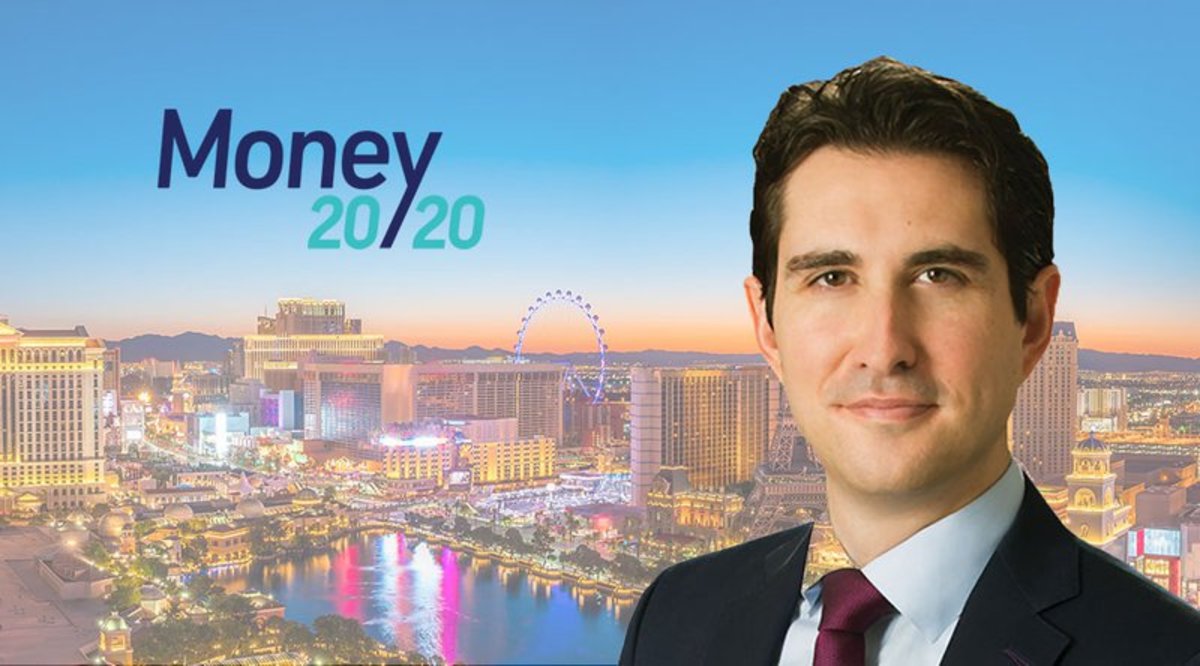
Ever since the U.S. Securities and Exchange Commission (SEC) issued a stern warning about initial coin offerings (ICOs) in February 2018, cryptocurrency projects have had to consider different options for distributing their tokens — and funding their development.
One alternative for dispersing a token is an airdrop, where tokens are given out (for free) to the holders of an existing cryptocurrency. A former partner at law firm Cooley LLP has a positive view on them. “Airdrops can do no harm. In fact, we think they can make things better,” Marco Santori, who is now the president and chief legal officer at Blockchain, a bitcoin wallet provider, told Bitcoin Magazine.
“An airdrop doesn’t get around the securities laws; but, that said, unless the thing that you’re airdropping, the token that you’re airdropping, is a security, then the airdrop is not a securities offering,” he continued. “I think they can be a powerful tool for decentralization.”
In a recent interview, Santori shared more of his thoughts on raising funds and the future of regulation.
He thinks an issuance framework he worked on while at Cooley called SAFT, short for Simple Agreement Future Tokens, is a useful alternative to traditional ICOs. In the arrangement, accredited investors lend money to a project with the promise that tokens will become available after the network is up and running. The SAFT white paper was published in October 2017; since then, SAFT has become a market standard.
“I think that the SAFT framework is probably the best that we have today,” Santori said. “If you layer on top of that the additional clarity that the SEC has provided in the context of Bill Hinman’s speech or the so-called ‘Hinman test’ that incorporated the SAFT framework, then you’ve got a pretty complete picture.”
Santori is referring to statements made by the SEC’s director of the division of corporation finance in June 2018. At that time, Hinman addressed the possibility that a token could begin life as a security and then convert to something other than a security when a network became sufficiently decentralized, like Bitcoin.
As far as the SEC goes, Santori doesn’t think the regulator will be handing out any further guidance for ICO projects. “We have probably gotten all of the informal guidance we’re going to get,” he said. However, he does anticipate some “no-action” relief to start coming down the pike soon.
If a project is uncertain whether a particular activity constitutes a violation of federal securities laws, they can request a no-action letter from the SEC. If they receive a relief, no civil or criminal action will be taken against them for engaging in that activity.
“I expect that we’ll be seeing SEC’s response to some of those requests coming out. And those responses have some precedential value — not legal precedent, but practical precedent — and we’ll be seeing some more of that,” he said.
Existing laws likely will be good enough for the regulators, Santori thinks. “The Treasury Department and FinCEN [Financial Crimes Enforcement Network], in particular, have stuck to their guns. They have said that the laws we have are enough; the rules we have are enough.”
At the end of the day, Santori feels it will be up to courts to make the ultimate decision on whether a token is a security. “A number of lawsuits are winding their way through the federal courts today and likely private lawsuits will answer the question first,” he said.
Of course, the SEC has to follow the law like everyone else. “The SEC is just the plaintiff, and if SEC takes one position and a defendant decides to take a different position and fight, then ultimately it’s going to be the courts that decide in a civil case whether this token sale is a security or not,” said Santori. “The SEC is a very powerful plaintiff.”
Santori will weigh in on airdrops and the future of regulating cryptocurrencies along with Brent McIntosh, General Counsel for the U.S. Department of the Treasury, at Money 20/20 in Las Vegas, October 21–24, 2018. The U.S. Department of the Treasury administers FinCEN, the regulator that punishes money launderers.










